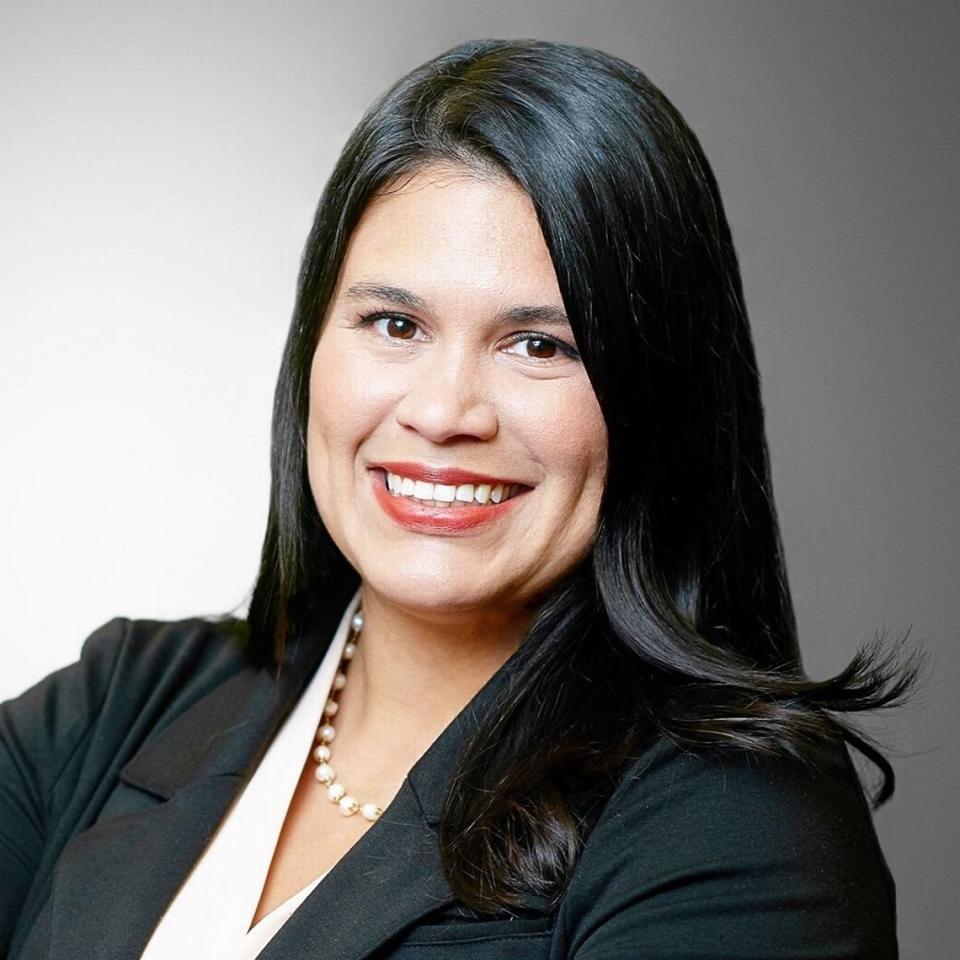I made the tough choice to end a pregnancy. Florida abortion ban robs women of that right | Opinion
In a few weeks, a new near-total abortion ban will go into effect in Florida that will restrict the exact type of healthcare I received just one year ago.
When I heard about the Florida abortion ban, I was immediately taken back to one of the most difficult moments of my life. Thinking of the other women who must live through this is heartbreaking.
Last spring, just weeks after celebrating my daughter’s first birthday, I had to have a dilation and curettage, or D&C, procedure for an non-viable pregnancy. This is a common procedure that is used for miscarriages and abortions.
My husband and I met and fell in love later in life, so we immediately decided to start trying to have children. Our beautiful daughter was born in 2022, and I experienced what doctors call a “traumatic” pregnancy.
Despite this, knowing our dream of having more children, we tried for a second as soon as I had been cleared. I was pregnant not long after and was told by a doctor that I could not schedule my first appointment until eight weeks into my pregnancy. At my first appointment, my doctor told me that the cells hadn’t progressed normally. She said it was possible everything was fine. I was cautious and a bit scared, but I remained hopeful of better news by my next appointment.
That next appointment happened at 10 weeks — four weeks past the new draconian six-week ban that will go into effect in Florida on May 1. I then learned that things hadn’t progressed as they should have, a reality faced by many women who, like me, are having children later.
My doctor gave me three options: I could have a D&C, which my doctor described as the safest, most effective option; I could be given a medication abortion pill, which my doctor described as potentially extremely painful; or, lastly, I could allow my body to go through a natural miscarriage.
My doctor didn’t say anything explicit about this option, but her body language implied that this was the riskiest and most dangerous option.
After this new abortion ban goes into effect, women in Florida won’t have three options. They will be forced into the unsafe third option.
Being told that my pregnancy wasn’t viable was difficult enough, but this moment in life was particularly difficult for my entire family. While I was getting this news, my husband was in the hospital caring for his mother, who was suffering from acute kidney failure. It ended up taking two more weeks before my husband and I were able to line up the D&C procedure.
The thought that, if I were going through this now, I would also have to consider the possibility of traveling out of state for care is terrifying.
Unfortunately, as a result of this new ban, this will be the reality of many women in Florida who have options taken away from them. The thought of my daughter possibly growing up in a world where she has fewer rights than I did is equally terrifying and enraging.
As the daughter of a Cuban immigrant who fled communism for democracy, I firmly believe that the fight to have control over our bodies and our healthcare decisions is a fight about protecting our freedoms. That is why I am running for Congress.
One of the first things I will do in Congress is to put my name on the Women’s Health Care Protection Act — a law my Republican opponent, U.S. Rep. María Elvira Salazar voted against — that would codify Roe v. Wade.
Every pregnancy is unique, and that is why it is imperative that these decisions stay between a woman, her doctor and her faith.
Government and extreme politicians shouldn’t be making the hardest moment in a person’s life even more difficult. We don’t need extremist politicians telling us what to do with our bodies and with our lives.
Lucia Báez-Geller is a member of the Miami-Dade School Board and is running as a Democrat to represent Florida’s 27th Congressional District.


